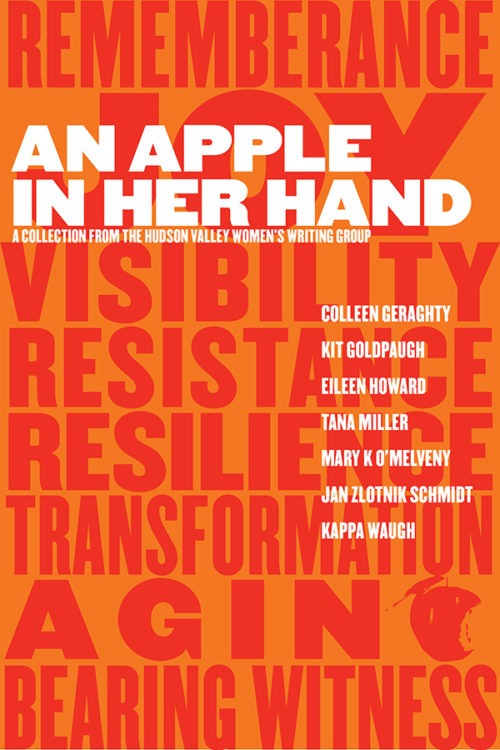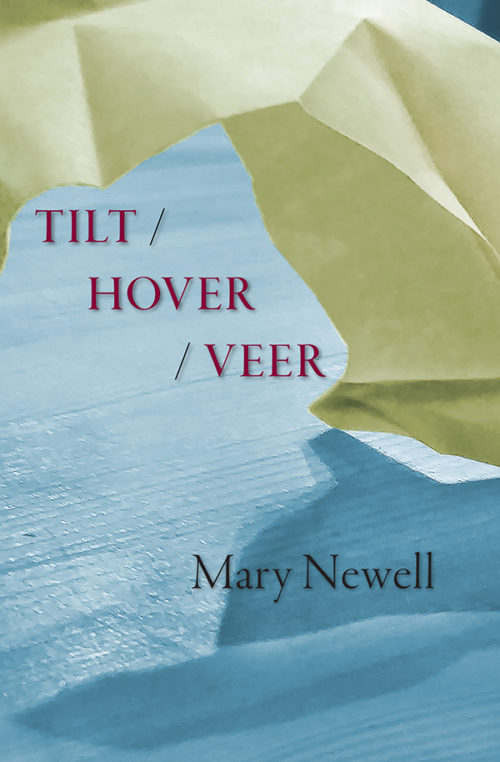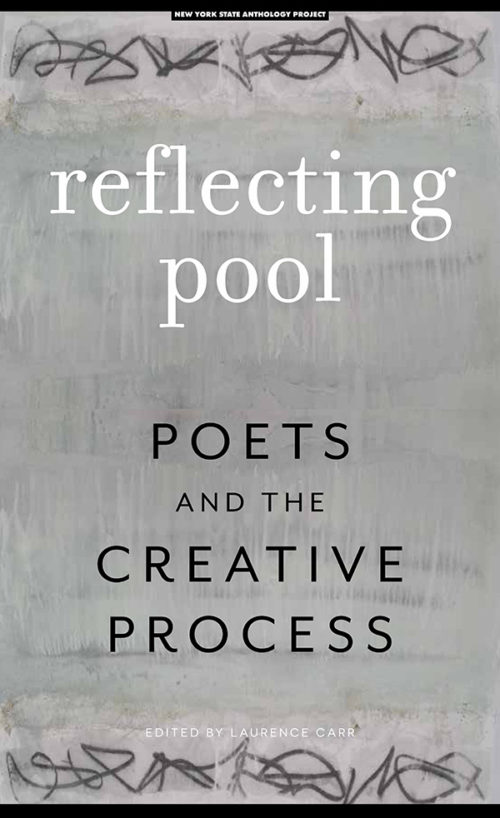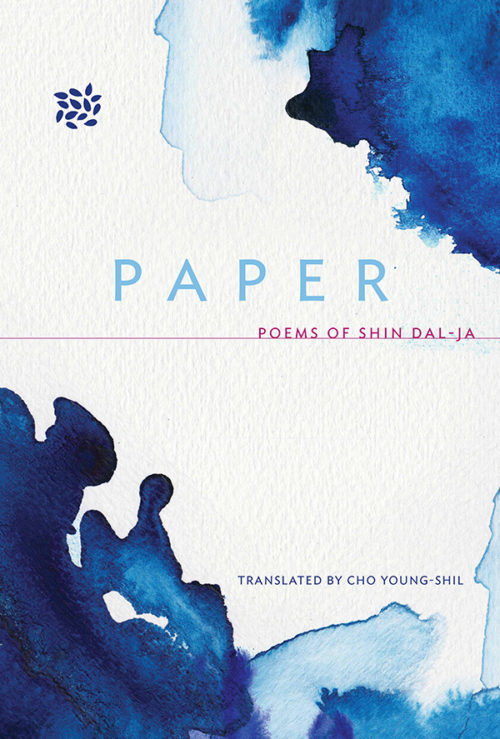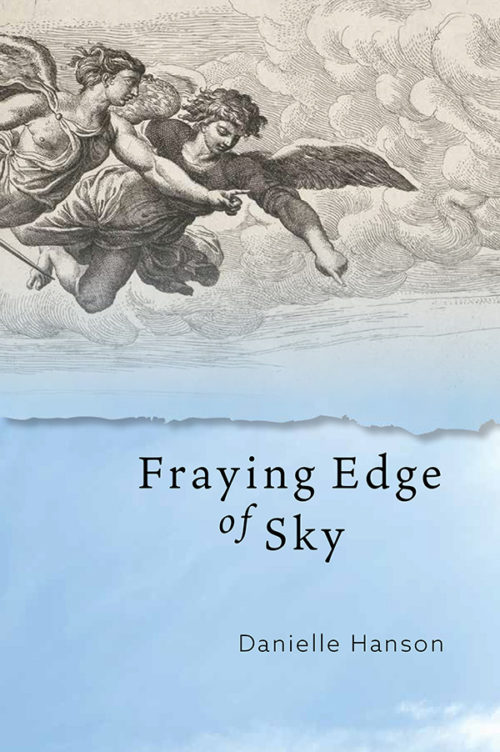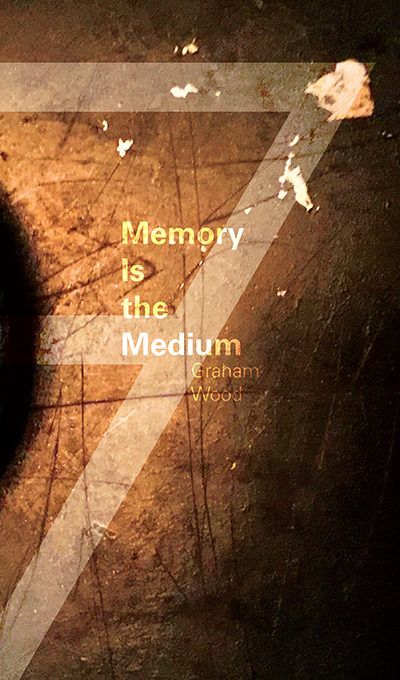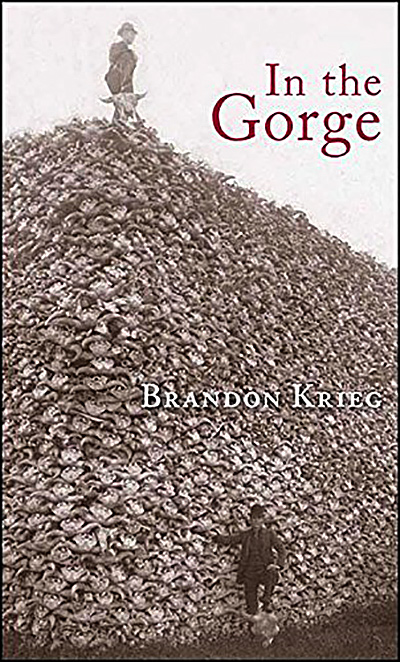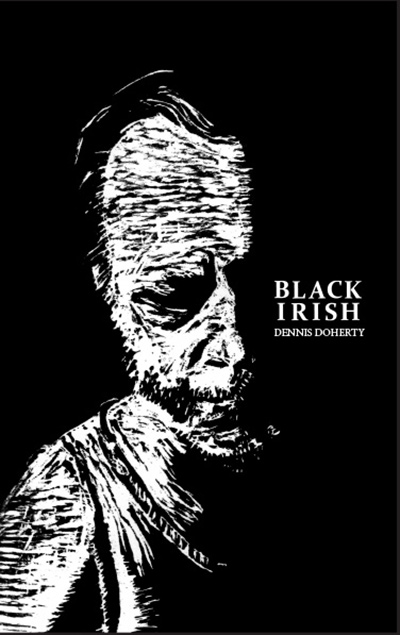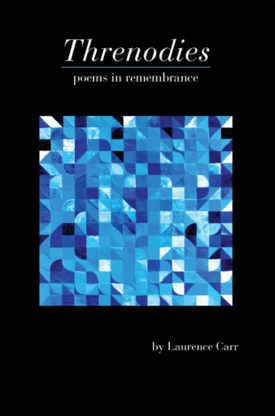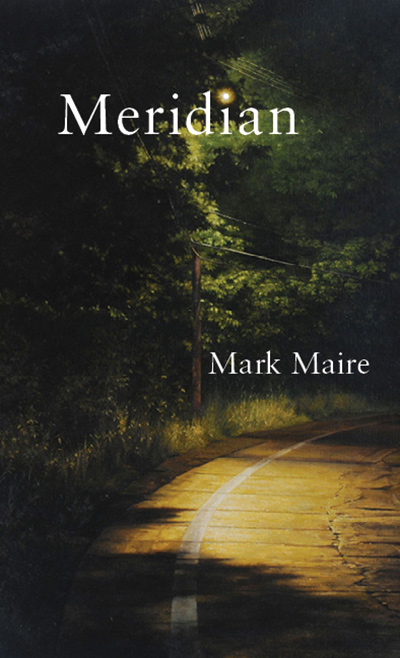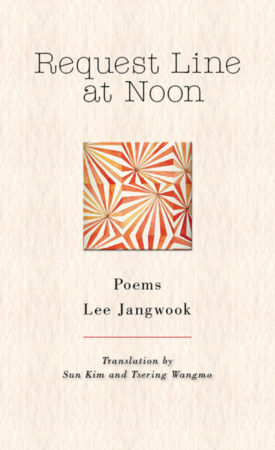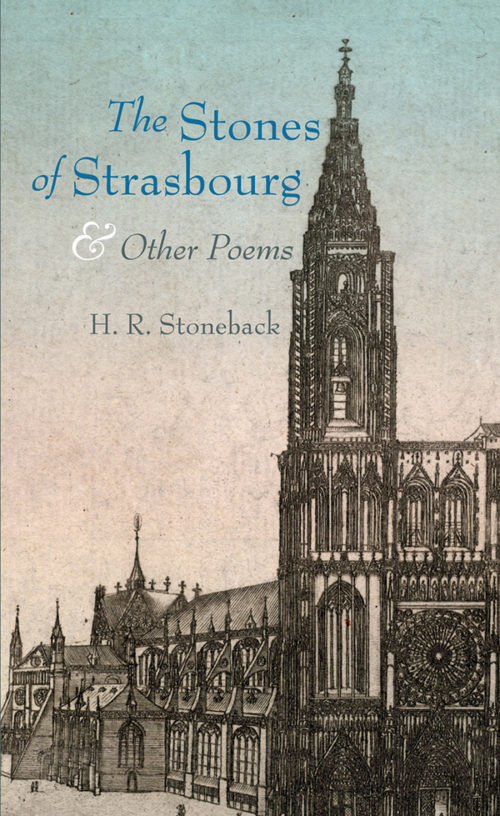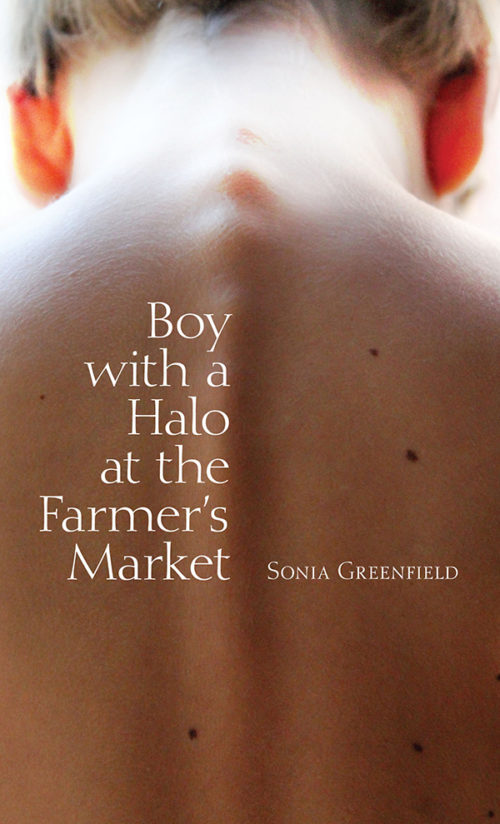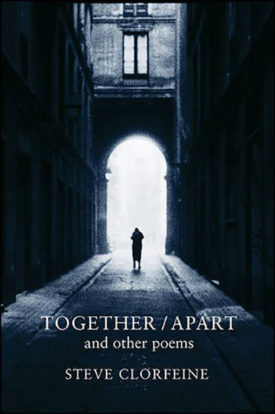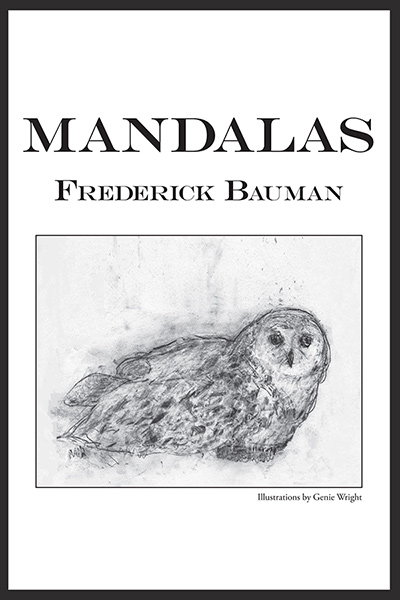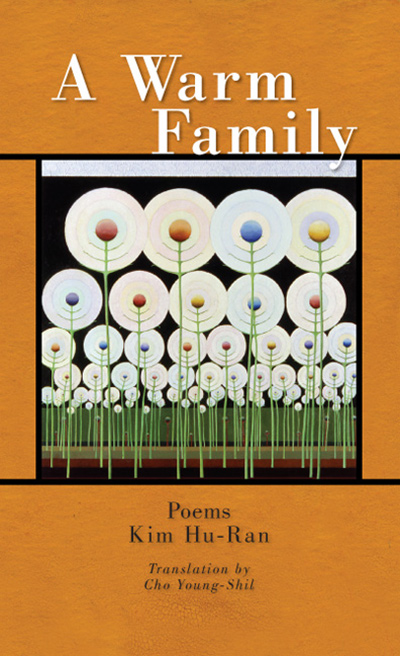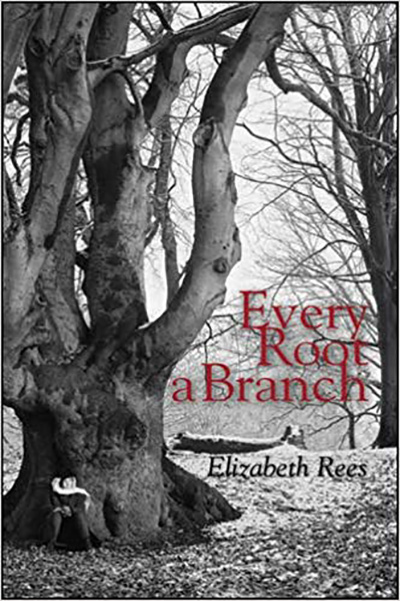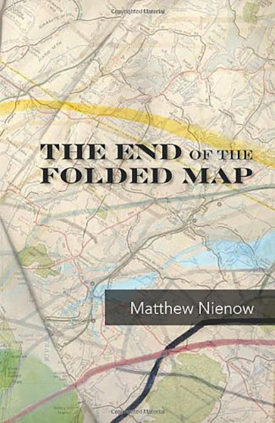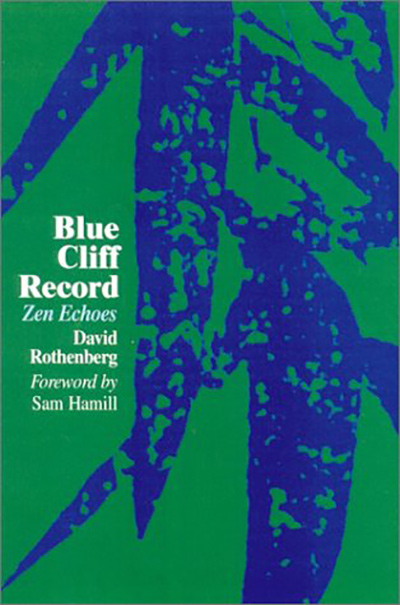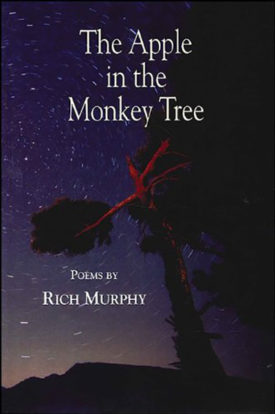-
Sale!The authors of this collection are seven older women from diverse backgrounds who are members of a longstanding Hudson Valley writing group composed of academics, a social worker, a psychiatric nurse, a teacher and a lawyer. Some are retired, some are still working, some are musicians. All are volunteers, activists and artists. The sections of the book— Remembrance, Joy, Visibility, Resistance, Resilience, Transformation, Aging, and Bearing Witness—grew from the authors’ individual passions and from their collective perspective of being women-of-a-certain-age in a culture that tends to render older women invisible, irrelevant. This collection is filled with honest, insistent poetry and prose that demands to be heard by readers of all ages, genders and perspectives.
-
Sale!
It is most apt that the poems in Tilt / Hover / Veer utilize the modular refrain of in the pith of, dovetailing nicely with pith’s dual meanings: spongy plant tissue and the crux of / essence. Newell’s pithy fragments capture the essence of fleeting moments in time, whole worlds of weather, and portals into the wider universe. With a calm convergence of science, nature, and delicate imagery, Mary Newell’s poems speak to us in a distilled yet expansive diction that pulses and chimes with empyrean elegance and a rhythmic beauty. This chapbook glows with fire and light.
—Cindy Hochman, editor-in-chief of First Literary Review-East
Breathe in…tilt hover veer…breathe out…tilt hover veer. At any time in life, let alone these endangered times, tilt hover veer becomes a mantra, a pith, an essential part of our quiet. So “listen forward,” the poet encourages early in these pages, as the world’s great motor churns. For “We enter this world floundering”…
—Mike Jurkovic, poet, pundit, provocateur. President, Calling All Poets Series, New Paltz & Beacon, NY
Rich in surprising, often musical language Mary Newell’s poems bring us into the essence of experiences often overlooked. Tracing small details in the natural world Newell asks us, again and again, to pay attention to what matters.
—Ruth Danon, author most recently of Word has it
The Hinge poetry of Mary Newell arrests and lifts like the centrifugal surge to a sleeping volcano—with blasts of magmatic visage.
—Jonathan Mulcahy, poet
-
Sale!Reflecting Pool: Poets and the Creative Process is an innovative volume of poetry and essays by twenty-five New York State poets who teach the writing of poetry, run poetry workshops and publish the poetry of others. The book is both a poetry anthology and an informal textbook with contributing essays by each poet that offers the reader personal insights and opinions about how poetry is created, crafted, and presented. Included are a wide array of prompts and exercises that these mentors use in their classes and workshops to stimulate the creative process in poets of all ages. Also added are basic ideas about how poets can best present their work in public readings. The book can be used as the focus for symposiums on teaching the writing of poetry as well as a textbook for high school and college students, adult and senior writers, and for those who run poetry workshops or reading series. 2018 | 172 pages
-
The image of paper, beautifully wrought as the controlling metaphor, runs through each poem sometimes to lament humanity lost over dazzling civilization, sometimes to call for restoration by means of everything good a sheet of paper symbolizes, all in a voice quite pithy and restrained. This poetry book is a grain of seed in light of the poet’s longing for warm human nature, and of her effort to restore it; it also bears her love for paper.If you tire out, all giddy flustered navigating from site to site, then take a sheet of blank paper and with all your mind write down each letter of your name stroke by stroke. —from “Charm”
2018 | 84 pages
-
Codhill Poetry Award Winner 2017
Between the destruction of angels, creation of philosophers, and use of mythological creatures, Fraying Edge of Sky captures a side of the other-world humans don’t see into very often: “A walking stampede, slow and terrible. / The hospital for nonexistent children. / A mountain devouring clouds.” Hanson’s beautiful lyricism and shocking imagery coalesce in wonderment, in poems that play with the power of light and dark, ultimately haunting the pages that make up her magical book, reminding us over and over of how “We are giants over the fallen.”The Experiment Collect light in a bucket of water, pour it off slowly—keep the light from breaking, watch it seep into soil. Now it is dark; time to get rid of the night. Dig a hole to drain it. See how the hole already brims over with darkness, saturated. Dig deeper, with more urgency. Mine the blackness. Keep pushing until fog rises up. Realize you are nothing. * * * The beautiful and fanciful investigations in Danielle Hanson’s Fraying Edge of Sky are homages to magical realism but are also lyrical bursts in splendidly gilt frames. The precise language of the poems conjures up the overlooked details of a world that, in its hurry, will miss them. The light in a bucket of water, the ribbon-like fog, the small mice who are angelic in their infestations—all are an inventory of the miraculous that Hanson’s truly original voice urges us to hear and to hold close. —Oliver de la Paz, author Requiem for the Orchard Dismantling worlds only to rebuild them anew, Danielle Hanson’s poems, little worlds made cunningly, as Donne would call them, expose the surrealism behind the most ordinary things. Take the tailor who “starts by sewing the fraying / edge of sky to a rock” and begins sewing a whole menagerie until he “creates / a daytime field of constellations, / embroidery of a new creation.” New indeed. These are visions like none other and if you want to see with the kind of fourfold vision Blake suggests, this original, this most precious of books is for you. — Richard Jackson, author Broken Horizons Danielle Hanson’s Fraying Edge of Sky traps the sun with mirrors, drowns the moon, staples spiders to the sky. There are strategies and curses, negotiations of light and dark, and, throughout, an ever-thickening swarm of angels that collide, that turn to blood, that infest. Photographs are empty, and even those emptinesses are deleted, leaving new emptinesses that are filled by a relentless drive to see things simultaneously as they are and what they intend to be. A lizard pretends to be a stone, but we still know it is a lizard; it is the pretending that strikes us. This is the heart of Hanson’s poetry: artifice that shows the truth. — Bradley Paul, author Plasma2018 | 80 pages
-
Sale!Memory Is the Medium is a meditation on memory and creativity through a poetic vision of design-thinking, from one of the world’s most respected creative minds. With photography, graphics and text, Graham Wood’s newest work is an alternative perspective on the possibilities conjured by the magical, the dreamlike, the emotional qualities of design; a wide ranging manifesto for a diverse and open future. Memory Is the Medium breaks from all conventions of formatting and structure. Layered with photographic and typographic adjacencies, nuances and revelations, every page a work of art reminiscent of the manifestos of Dada and Bauhaus.Graham Wood is a founding member of the creative collective, tomato. 2017 | 204 pages
-
Sale!
Codhill Poetry Award Winner 2016
In Brandon Krieg’s stunning collection In the Gorge, we are placed on a tightrope, balancing the leisure of Western society against the survival of the natural world. Here, nature and human lunge and parry, conjoined twins in a struggle to the death. Krieg reminds us that our manufactured beauty is part of the planet-wide tableau—“looking down from an overpass / looking up through the canopy / the contrails the sunset / are not different things.” Part pastoral, part elegy for our future on Earth, In the Gorge urges us to believe in mercy, in redemption, and the dire need for entwining ourselves with the natural world. This is a phenomenal work.—Glenn Shaheen, author of Energy Corridor
Cornfields, jet trails and power lines, fences, abandoned mines and greenhouses—human delineations mar but do not yet overpower the nonhuman landscapes in Brandon Krieg’s stark, unerring and beautiful poems that, over and over, seek “to find the way back // to this day among days.” Krieg’s voice is watchfully tender, attentive to nature and to our moment in it, ever aware that even as we leave our signatures after us, so does fireweed. In this lovely ecopoetry, Krieg achieves a “good fearfulness” and even a joy that is no more or less elemental than rain.—Nancy Eimers, author of Oz
Intelligence at its vastest stretches to a scarcest cry, and is ours, and not: you’ll hear it amply in the haunted, restless, dead-on lively poetry to be found in Brandon Krieg’s In the Gorge, a collection that finds its author deep in it, the sorrow and the joy, and the clarities that in this poetry have a luminosity all their own, because they have been seen, because they have themselves seen through us. I marvel at the heights of technique: free verse rising out of necessity to new necessities, new flashes and new spells. Even more considerable here is the marvel of the voice as it propounds resilient—tested, lived—ways into lyric sympathies and a compassion free of attachment, taking up dwelling there, gazing across.—William Olsen, author of TechnoRage
Brandon Krieg is the author of Invasives, a finalist for the 2015 ASLE Book Award in Environmental Creative Writing, and a chapbook, Source to Mouth. His poems have appeared in The Antioch Review, Crazyhorse, FIELD, The Iowa Review, and West Branch. He is an assistant professor of English at Westminster College in Fulton, Missouri.2017 | 74 pages
-
Out of stockMy mother said I had it, my father’s Black Irish. She loved him powerfully, as she did me. Still, I knew that couldn’t be good, the way she said it, a disease. But what exactly did it mean? – BLACK IRISH Dennis Doherty is author of three other volumes of poetry: The Bad Man (Ye Olde Fontshoppe Press, 2004), Fugitive (Codhill Press, 2007), Crush Test (Codhill Press, 2010), and a meditation on Mark Twain's classic, Why Read The Adventures of Huckleberry Finn? (New Street Communications, llc, 2013). Mr. Doherty’s works appear throughout the literary press. He teaches creative writing and literature at SUNY New Paltz, and lives with his wife, Shari, in Rosendale, New York, hometown to their beautiful three daughters.
2016 | 68 pages
-
Out of stockPoems of Remembrance A journey through time and place with stops to visit Madame Curie, Charlie Parker, Scheherazade, Madame Bovary, Lee Harvey Oswald’s coffin and God among others.
2016 | 76 pages
-
Sale!
Codhill Poetry Award Winner 2015
Mark Maire rolls down the window for the reader as he drives through physical and emotional landscapes, pointing out the rock walls lining our lives, the abyss of longing beneath a lake’s surface, and the conundrums obscured by the dark forests of human consciousness.—Rebecca Schumejda, author of Waiting at the Dead End Diner
Maire’s quietly visionary poems speak persistently and persuasively to the locations of dislocation. They come at the reader from consistently oblique angles as they record discrepancy after discrepancy, yet they are rooted in a northern world rich in stark distinction. His are truly haunting poems, attuned to how spirit hovers at the corners, the margins, the horizons, but also within us as we grope toward what can never be encompassed but is surely felt. Meridian is a signal achievement.—Baron Wormser, author of Scattered Chapters
2016 | 76 pages
-
Sale!From Request Line at Noon… “We were friendly, Inconsiderate. Everyone moved forward to an end. You lost your love And I skipped rope. The surging music At the minimum altitude of my soul; The music from the “Request Line At Noon” We were always Flowing away regularly.…” —Lee Jangwook Translation by Sun Kim and Tsering Wangmo
2016 | 68 pages
-
Sale!For Maître d’oeuvre Erwin von Steinbach & Sabina von Steinbach—architects, builders, sculptors: The Strasbourg Cathedral
2015 | 76 pages
-
Sale!
Codhill Poetry Award Winner 2014
Sonia Greenfield explores menace and loss so often, it’s as if her poems are scarecrows to hold against the night. She likes the lyric and persona, likes telling us over and over again, we survive. A master of the unsettling image and moment, she’s got a big imagination and an appetite for the complexity of our lives. “We always bend / our fear into something more useful.” I don’t know if we do, but Greenfield does. The poems in Boy with a Halo at the Farmer’s Market are more than useful—they are beautiful, and demonstrate once more that art is our deepest response to the fragility of life.—Bob Hicok
Sonia Greenfield’s vision is x-ray and technicolor at once. These are poems of tragedy and ecstasy, rendered in high music and beautiful and shocking imagery. It’s rare to find a poem “riveting,” but hers are poems that, once started, refuse to be left unread.—Laura Kasischke
In Sonia Greenfield’s poems, we experience a mind busy with the work of description, and it is through that description—of people known and unknown, of lives on the edge of being unmade, or being sewn back up again—that Greenfield brings us to revelation. By looking at the surface of existence, and by narrating circumstances of particular people in particular places, Greenfield shows us how noticing matters, and how looking at the surface can illuminate the depths.—Mark Wunderlich
2015 | 76 pages
-
Sale!This fourth book of prose poems is a collection of collaged visual images—some randomly recollected—others noted down as I’ve apprehended them. Woven through the visual images are descriptions of sensation/perception that arise with the memory of place. About the three parts of the collection: ‘Together/Apart’ is specifically a subjective excavation of relationships; ‘Postcards’ speaks to a lifelong attachment to correspondence and its directness; and ‘Place’ is about situations/places that I’ve invented or re-imagined. 2015 | 80 pages
-
Sale!I know of no contemporary poet who is more grounded in a poetics of the metaphysical than Frederick Bauman. He is obviously a poet of great erudition with a deep sense of the traditions of poetry, ranging from the archaic and classical poetries to such “modern” poets as Walt Whitman or Basil Bunting. His sense and awareness of nature in all its grand sweep from the micro cosmos to the macro cosmos inform his poetics, which might also be a poetics of the body both corporal and spiritual.
—From the Preface by Ivan Argüelles
A sample stanza from the poem Snowy Owl: And the snowy owl calls forth within us The questioning that can keep us on edge Which is the only place where we are Alive to the present which is the dance Of past and future through each fiber of Our bodies which are – temporarily – Repositories of eternity2014 | 55 pages
-
Sale!From A Warm Family… “ The sun is going down, and in the pureness of silence I drop the day’s anchor. As I shed the sweat-soaked clothes stars in the night sky draw near to me to be my friends, and my family.…” —Kim Hu-Ran Translation by Cho Young-Shil
2014 | 120 pages
-
Sale!“Rees’s poetic imagination, imagistic and psychologically honed, projects back into history, as far back as the myths of origin—and these poems, weighted with mattering, give a picture of the narrative behind our daily projections: longings, sorrows, retributions and redemptions. We feel a poet doing the poet’s hard work, processing what is.”
—Sven Birkerts
“Elizabeth Rees’s poems project the bare inherent tattering of memory reknitting the current with ferocious loyalty & precise quick lilt: His hands hold his head / because his mind can’t see / why his eyes should weep. (Man Weeping in a Chair.) They are lucid in agitation: There isn’t time… / No, that’s wrong, / there are buckets of time. / Exploding takes forever. (Saboteurs.) With discerning detail & achingly tender triage—frontal, tough, sweet—they dig out the live among the dead, having blessed the bones. Enlivened, we emerge as the poems do: … a cave opens / and we wander out, squinting / from the heavy slope of light. (Sinai Desert Walk.)”—Olga Broumas
“No doubt that Elizabeth Rees is a poet of the world—commanding a range of subjects, replete with cultural and religious references, as she travels the terrains of our globe, utilizing the language of poetry as truth, never severing social consciousness from private mediations on family bonds, from which the book takes its title: My knees smeared with mulch, I tilled / until every stone was turned, until the fault was deep enough to bury / all the seeds that could have borne / a son. Weeds will be my daughters / and every root a branch. Reflective, fearless, and unrelenting with love, these poems pulsate to the music of formal poetry, while simultaneously liberating the vernacular to express the wonder and challenge of being human in a conflicted world, invoking poems of toughness and glass-like fragility.”—Judith Harris
2014 | 76 pages
-
Winner of the Codhill Poetry Chapbook Award for 2010, Matthew Nienow’s The End of the Folded Map charts the jagged frontiers of memory with lines of metrical precision and imagistic inventiveness, rendering an atlas of our collective humanness.
—Pauline Uchmanowicz
2011 | 32 pages
-
Sale!
Zen Echoes
"It is astonishing how thousand-year-old riddles are brought here to evocative poetic life. David Rothenberg converts them into contemporary verbal music, an arcanum, a profound secret, a mystery without intellectual solution." —Frederick Franck, author of The Zen of Seeing, The Buddha Eye, and other books Much as Coleman Barks breathed new life into the work of the great Sufi poet Rumi and reached the hearts and minds of contemporary readers, David Rothenberg now brings us vividly poetic new versions of the enigmatic koans and riddles from the classic Zen Buddhist text, the Blue Cliff Record. Blue Cliff Record: Zen Echoes is an accessible contemporary distillation of this twelfth-century treasure of Zen Buddhism, a lively feast of words and images designed to stretch and open the mind. With a foreword by poet, author, and translator Sam Hamill. "David Rothenberg's adaptation of Blue Cliff Record is that rare thing, a work of art that is also useful. It is as bracing as a dive into a cold spring--a wake up call from reality--the splendor of what is." —Mark Rudman, winner of the National Book Critics' Circle Award for Poetry and author of Rider "What is unique and wondrous about these poetic responses to the Blue Cliff Record is that here philosophy, spiritual practice and creativity are fused and whole. Each poem remarkably celebrates the Zen past and at the same time builds the foundation for a new interpretation that helps imagine how we, here and now, can live the Dharma on these shores." —Charles Johnson, winner of the National Book Award in fiction for Middle Passage2001 | 128 pages with 12 illustrations
-
Sale!"Mr. Murphy is a very careful craftsman in his work, a patient and testing intelligence, one of those writers who knows precisely what he wants his style to achieve. His poetry is quiet but packed, carefully wrought, not surrealistically wild, and its range not limited but deliberately narrow. It takes aim."
—Derek Walcott
"Among my favorite poems in Rich Murphy's The Apple in the Monkey Tree, 'Monk See Monk Do,' 'Forceps Two Step,' 'Table Manner,' 'Weather or Knots,' 'Science 1492,' 'The Nature of Things Now,' 'Genesis.' I could go on listing. The apple and the monkey are carried throughout the collection but are presented in a fresh way each time they appear. The satire—the exposure of the reality of human existence and human nature, very Swift-like, yet different in execution—less gritty than Swift's poetry. Nicely done.”—Samantha Gloss, Freelance Editor
"If 'we distract the angels from the soft / behind of our biology for the rough / terrain of history,' we connect human beings to the fuller spirit of the mountain and ocean. After all, the earth is prior to mankind. We exist for it. Nature doesn't exist only for human use. These poems ask questions about human relevance. If a poet can answer, in part, the question, What are the reasons for history?—then his book is worthy of our attention.”—Sean Farragher, Poetry Editor, FRiGG Magazine


